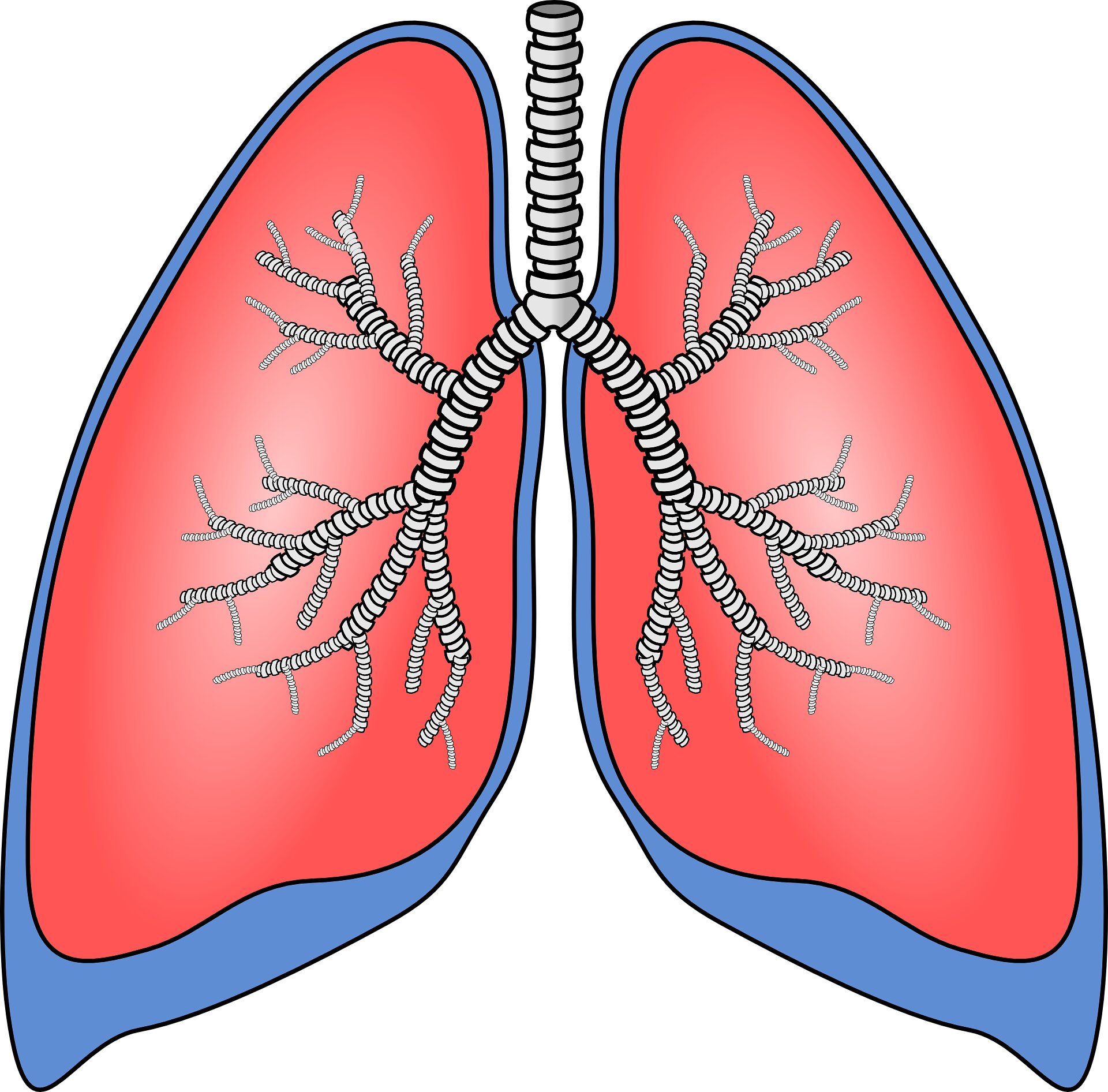Credit: Pixabay/CC0 Public Domain
Scientists said on Saturday they had identified the mechanism by which air pollution triggers lung cancer in non-smokers, a discovery that one expert described as “an important step for science – and for society”.
The research illustrated the health risk posed by the tiny particles produced when fossil fuels are burned, sparking new calls for more urgent action to combat climate change.
It could also pave the way for a new field of cancer prevention, according to Charles Swanton of Britain’s Francis Crick Institute.
Swanton presented the research, which has not yet been published in a peer-reviewed journal, at the European Society for Medical Oncology annual conference in Paris.
Air pollution has long been linked to a higher risk of lung cancer in people who have never smoked.
“But we didn’t really know if pollution directly causes lung cancer — or how,” Swanton told AFP.
Traditionally, it was thought that exposure to carcinogens, such as those in cigarette smoke or pollution, caused DNA mutations that then turned into cancer.
But there was an “inconvenient truth” to this model, Swanton said: Previous research has shown that the DNA mutations can be present without causing cancer — and that most environmental carcinogens don’t cause the mutations.
His study proposes a different model.
A future cancer pill?
The research team from the Francis Crick Institute and University College London analyzed the health data of more than 460,000 people in England, South Korea and Taiwan.
They found that exposure to tiny PM2.5 pollution particles — those less than 2.5 microns in size — led to an increased risk of mutations in the EGFR gene.
In laboratory studies in mice, the team showed that the particles caused changes in the EGFR gene as well as the KRAS gene, both of which have been linked to lung cancer.
Finally, they analyzed nearly 250 samples of human lung tissue that had never been exposed to carcinogens from smoking or heavy pollution.
Although the lungs were healthy, they found DNA mutations in 18 percent of the EGFR genes and 33 percent of the KRAS genes.
“They just sit there,” Swanton said, adding that mutations seem to increase with age.
“On their own, they probably aren’t enough to cause cancer,” he said.
But when a cell is exposed to pollution, it can trigger a “wound healing response” that causes inflammation, Swanton said.
And if that cell “contains a mutation, it will form cancer,” he added.
“We have provided a biological mechanism behind what was previously a mystery,” he said.
In another experiment in mice, the researchers showed that an antibody can block the mediator – called interleukin 1 beta – that triggers inflammation and prevents cancer in the first place.
Swanton said he hopes the finding “would provide fertile grounds for a future of possible molecular cancer prevention, where we might be able to offer people a pill every day to reduce the risk of cancer.”
‘Revolutionary’
Suzette Delaloge, director of the cancer prevention program at France’s Gustave Roussy Institute, said the research was “quite revolutionary because we had virtually no prior demonstration of this alternative way of developing cancer.
“The study is a pretty important step for science – and hopefully for society, too,” she told AFP.
“This opens a huge door, both for knowledge and for new ways to prevent cancer from developing,” said Delalog, who was not involved in the research but discussed it at Saturday’s conference.
“This demonstration strength must compel the authorities to act at the international level.”
Tony Mok, an oncologist at the Chinese University of Hong Kong, called the research “exciting.”
“This means that we can wonder if in the future it will be possible to use lung scans to look for precancerous lesions in the lungs and try to reverse them with drugs like interleukin-1 beta inhibitors,” he said.
Swanton called air pollution a “hidden killer,” citing research that says it’s linked to the deaths of more than eight million people a year — about as many as tobacco.
Other research has linked PM2.5 to 250,000 deaths annually from lung cancer alone.
“You and I have a choice about whether or not to smoke, but we don’t have a choice about the air we breathe,” said Swanton, who is also chief medical officer at Cancer Research UK, the research’s lead funder.
“Given that there are probably five times as many people exposed to unhealthy pollution as tobacco, this is a pretty big global problem,” he added.
“We can only tackle it if we recognize the really close links between climate health and human health.”
Scientists discover how air pollution can trigger lung cancer in non-smokers
LBA1 “Mechanism of Action and a Actionable Axis of Inflammation for Air Pollution-Induced Non-Small Cell Lung Cancer in Non-Smokers” will be presented by Charles Swanton during Presidential Symposium 1 on Saturday, September 10 from 4:30-6:00 p.m. CEST in the Paris Auditorium. Annals of Oncology, Volume 33, Supplement 7, September 2022. www.esmo.org/meetings/esmo-congress-2022
© 2022 AFP
Citation: Scientists Discover How Air Pollution Triggers Lung Cancer (2022 September 10) Retrieved September 10, 2022 from https://medicalxpress.com/news/2022-09-scientists-air-pollution-triggers-lung.html
This document is protected by copyright. Except for fair trade for the purpose of private study or research, no part may be reproduced without written permission. The content is for informational purposes only.
#Scientists #discover #air #pollution #triggers #lung #cancer


Leave a Comment